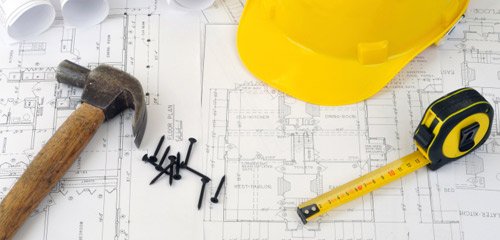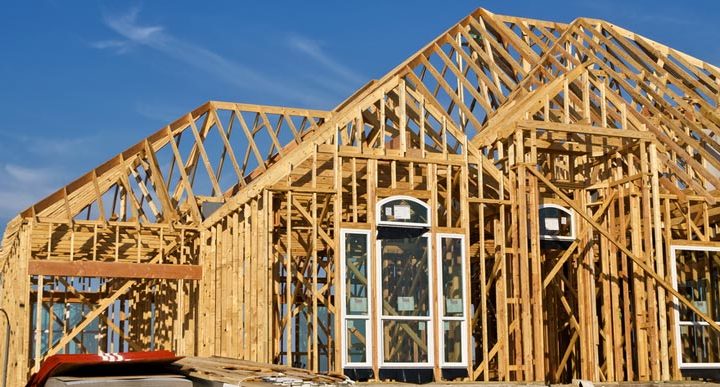The construction industry is dynamic and challenging, requiring a keen eye for hiring the best talent. Drawing insights from CCDC, one of the top-rated decking companies in the USA, we’ve compiled the top 10 hiring tips to help you build a robust team in the construction niche.
1. Prioritize Safety Knowledge and Training
Safety is paramount in construction. Look for candidates with a strong understanding of safety protocols and a willingness to undergo continuous training.
2. Value Experience but Don’t Overlook Potential
While experienced workers bring invaluable skills, enthusiastic newcomers can be trained to your specific standards. Balancing experience with potential can lead to a more dynamic team.
3. Emphasize Soft Skills
Communication, teamwork, and problem-solving are crucial in construction. Seek individuals who can collaborate effectively and adapt to changing situations.
4. Utilize Technology in Recruitment
Leverage technology for efficient hiring. Digital platforms can streamline the recruitment process, from advertising positions to screening candidates.
5. Offer Competitive Compensation and Benefits
To attract top talent, ensure your compensation packages are competitive. This includes fair wages, health benefits, and opportunities for advancement.
6. Foster a Culture of Learning
Encourage continuous learning and professional development. This not only improves skills but also boosts employee morale and retention.
7. Implement a Thorough Screening Process
Conduct comprehensive background checks and verify qualifications to ensure you hire trustworthy and skilled personnel.
8. Focus on Diversity and Inclusion
A diverse workforce brings different perspectives and ideas, enhancing creativity and problem-solving in your projects.
9. Develop a Strong Employer Brand
Your company’s reputation matters. A strong employer brand, like that of Creative Concept Decks, attracts quality candidates.
10. Maintain Open Communication Post-Hiring
Keep the lines of communication open with new hires. Regular feedback and support can help them integrate smoothly into your team.
In conclusion, effective hiring in the construction niche involves a mix of valuing experience, leveraging technology, focusing on safety, and fostering a positive company culture. Creative Concept Decks exemplifies these principles, standing out as a leader in the industry.
Meta Description: “”…












